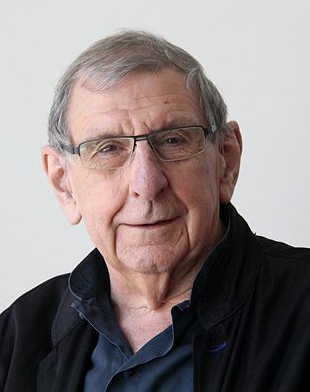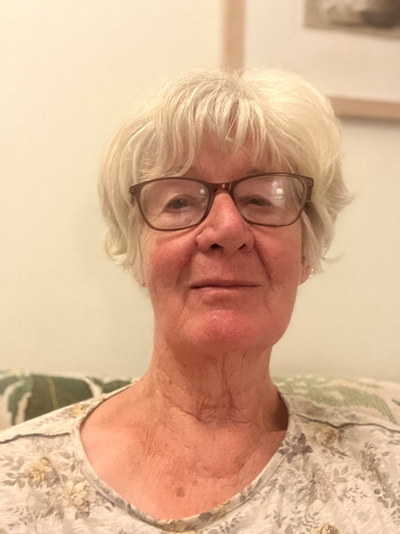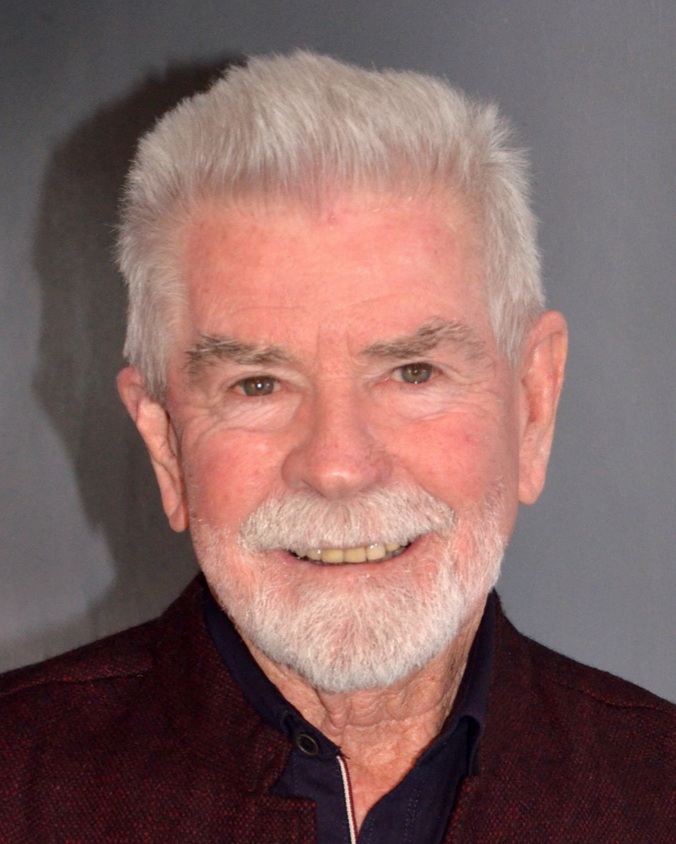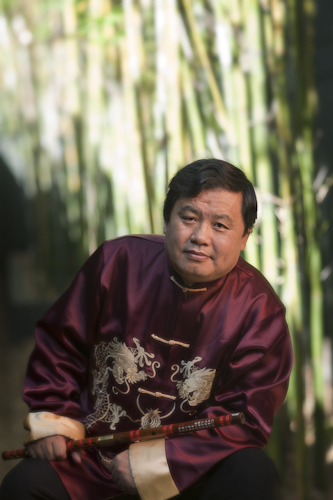Trailblazers in China: A Conversation with Stephen FitzGerald AO, Yvonne Preston & Warren Duncan
The event was held on Thursday 22 February 2024
The Institute for Australian and Chinese Arts and Culture (IAC) at Western Sydney University held the Warren Duncan Exhibition: Australians in 1970’s China, featuring Australians — including Prime Minister Malcolm Fraser and former Prime Minister Gough Whitlam as well as the Australian Embassy staffers, correspondents and students — in interaction with Chinese officials and local people during a period of tremendous change in the bilateral relationship.
To hear the shared life-changing and fascinating experiences and stories by three trailblazing Australians who lived and worked in China right after the diplomatic relationship was established, we were very privileged to have invited the China specialist and first Australian Ambassador to China, Professor Stephen FitzGerald, the Sydney Morning Herald China correspondent, Yvonne Preston (1975-1977) and Warren Duncan, the ABC China correspondent (1975-1978), for a candid conversation at IAC on our beautiful Parramatta South Campus.
The Conversation was followed by a short musical performance by acclaimed Chinese flautist, Dr Chai Chang Ning, with light refreshments and last viewing of the Warren Duncan Exhibition to conclude the event.
Click here to view the pre-event presentation slides
Biographies
Professor Stephen FitzGerald AO Professor Stephen FitzGerald AO received his PhD in Chinese studies from the Australian National University in 1969. He has been an Adjunct Professor at the Institute for Australian and Chinese Arts and Culture and a Distinguished Fellow at the Whitlam Institute, both at Western Sydney University. Stephen went to China in 1971 as China specialist with the then Labor Opposition Leader Gough Whitlam. In 1973 Stephen was appointed by Prime Minister Whitlam as Australia’s first Ambassador to China. Following the end of his ambassadorial posting in 1976, Stephen established the first private consultancy for Australians dealing with China until 2008. Stephen was appointed Deputy Chair of the Australia-China Council on its founding in 1978, chaired the 1980s committee of the Asian Studies Association of Australia and served as the Chairman of the Asian Studies Council from 1986 to 1991. He subsequently founded the Asia-Australia Institute at UNSW, dedicated to making Australia part of the Asian region through regular forums. He chaired the government’s Committee to Advise on Australia’s Immigration Policies and was advisor to the Federal and Northern Territory governments, and the governments of Australia, Britain, Denmark and others on governance-related aid in China and Southeast Asia. In 1984, Stephen was awarded an Officer of the Order of Australia in recognition of his outstanding contributions to international relations. In 2015, Stephen published his memoir Comrade Ambassador: Whitlam’s Beijing Envoy. Stephen was the Chair of the Board of the Museum of Chinese in Australia (MOCA) and is a Board Member of China Matters. |  |
Yvonne Preston Veteran journalist Yvonne Preston emigrated from the UK to Australia in 1965 and worked as a research economist with the Reserve Bank before joining Fairfax newspapers and writing for the Australian Financial Review, The National Times and The Sydney Morning Herald. In 1975 she took up a two year posting as the Herald’s second Beijing correspondent. During that time she wrote also for London’s Financial Times before it had its own correspondent. After a posting in Europe from 1985, Yvonne returned to Beijing for a further two years in 1991. In 1993 she won a Walkley Award for Outstanding Contribution to Journalism. |  |
Warren Duncan Warren Duncan began his long career in the media when he joined the local commercial radio station 4AY as a cadet journalist. He worked for several years on current affairs programs on both radio and television and as political correspondent for AM and PM in Canberra before being posted to Beijing in 1975 as the second ABC China correspondent. During his post in China, Warren covered many tumultuous, world-defining events including the deaths of Premier Zhou Enlai and Chairman Mao Zedong and the fall of the Gang of Four. He covered Prime Minister Malcom Fraser’s China visit in June 1976 followed by the private visit made by Gough and Margaret Whitlam a month later, the latter occurring at the time of the devastating Tangshan earthquake. In 1977 he was invited to Oslo to deliver a major paper on the changes happening in China to the annual assembly of the International Press Institute In 1980 Warren published with the ABC a photographic record of key moments from his posting, entitled China: A Three-Year Assignment. He subsequently continued to work around the globe as foreign correspondent and photographer. In 2021 he joined with 24 other Australian journalists who had previously worked in China to produce Beijing Bureau, a history of Australian reporting of China. He now works as media director with the Children’s Festival and the NSW Federation of Community Language Schools. |  |
Dr Chai, Chang Ning Scholar-performer Dr Chai (Chang Ning Chai) is one of the most acclaimed Chinese flautists of his generation. He graduated from the Central Conservatorium of Music in Beijing, China, where he also lectured until 1988. In 2014 he was awarded Doctor of Musical Arts Degree from Sydney Conservatorium of Music (University of Sydney). Whilst still in China, Dr Chai was awarded First Prize at the prestigious Fourth Guangdong Music Competition in 1987. He has been associated with the soundtracks of several acclaimed movies. The most distinguished of these include “The Last Emperor” (1986), “Children of the Dragon” (1989) and “The Road to Xanadu” (1988). The film score of “The Road to Xanadu” was composed by Australian composer Nigel Westlake and “Mao’s Last Dancer” (2009) was composed by Christopher Golden. “The Last Emperor”, directed by Italian Director Bertolucci, received seven Academy Awards including best music soundtrack. He is currently Chairman/Artistic Director of Middle kingdom Festival and Guest Professor at Xian Conservatory of Music in China. He is also the Founder, Musical Director, conductor and composer of the “Chinese Music Ensemble” at the Sydney Conservatorium of Music as well as an Honorary Associate. |  |
